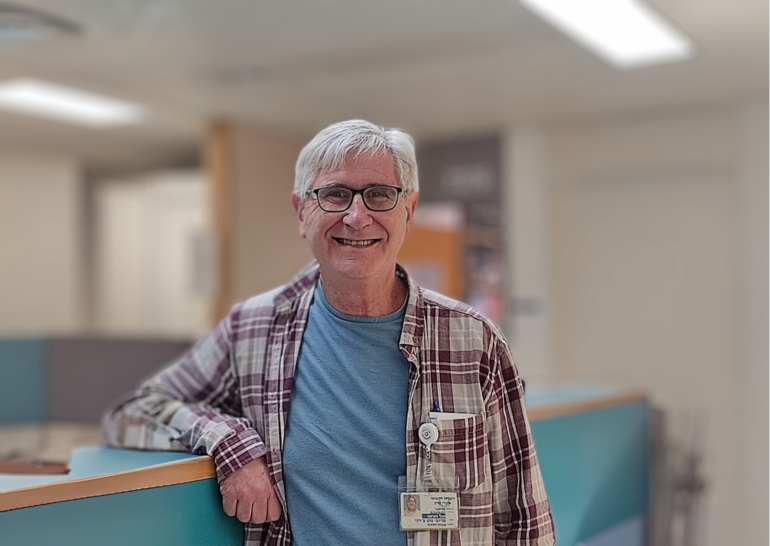This summer, photos of New York covered by smoke spread widely catching global attention on the massive wildfires in Canadian forests that caused that apocalyptic scenario. But why should we as oncologists be concerned about such events?
Air pollution is commonly associated with burning fossil fuels or large factory operations, but natural disasters lead to similar conditions which increase the risk of developing cancer. For 20 years, Canadian researchers have observed over 2 million people living in the proximity to areas frequently affected by wildfires showing that those exposed to a wildfire within 50 kilometers over the past 10 years had a 5% and 10% higher incidence of brain tumours and lung cancer respectively (Lancet Planet Health. 2022 May;6(5):e400-e409). Another study from Brazil reported a higher cancer mortality in patients living in areas with a high level of wildfire-related PM2.5 particles (PLoS Med. 2022 Sep; 19(9): e1004103).
In the next future, wildfires will occur more often and in places where they were not observed so far. As the climate gets warmer, in fact, we experience a growing number of extreme weather conditions, such as heat or cold waves, heavy precipitation, flooding or storm events. A study recently published in Science foresees that a person born in 2020 will experience three times as many climate disasters as a person born in 1960 (Science. 2021 Oct 8;374(6564):158-160), and new generations will experience eight times more heat waves or tropical storms under the current climate policy pledges. Events perceived as rare or unusual are becoming our everyday reality and they are likely to affect cancer patients, oncologists and the whole healthcare system.
Exposure to the threat of natural disasters may overshadow attention to health and disease prevention in the general population. Moreover, a reallocation of public resources to deal with emergencies caused by extreme weather events may halt cancer screening programmes or reduce participation for much longer than the event per se. As observations from the COVID-19 pandemic showed, a lack of screening lead to patients being diagnosed in later stages, reducing their chances of being cured (Journal of Clinical Oncology. 2023 41:17, 3194-3202). A long-term observation of patients with breast cancer who experienced hurricane Katrina showed a 15% increase in mortality compared to those who did not experience the hurricane (J Gen Intern Med. 2020 Jan; 35(1): 380–382). A possible explanation is the lack of screening and diagnosis delay during and after the hurricane hit the US.
What about patients who are currently receiving cancer treatment? During extreme weather events, treatment may be disrupted due to difficulties with travelling for both patients and caregivers, and other logistic issues including a break of the supply chains. A striking example comes from 2018 when hurricane Maria hit Puerto Rico, where a leading manufacturing facility of small-volume saline bags was located. Due to a power shortage, the facility that supplied saline for 50% of US hospitals was not able to operate, expanding the consequences of the hurricane a lot farther than a localised area.
Staffing shortages in hospitals during natural disasters, financial toxicities, mental health problems, increased under-nutrition and food insecurity, mass migration of climate refugees are only some of the potential consequences of extreme weather events. As healthcare professionals, we need to keep in mind that a wildfire in Canada, a flood in China, a hurricane in the Caribbean is not only an exceptional natural phenomenon or a local problem. The connection between climate change and the wellbeing of our patients is closer than we may think so raising awareness among all the oncology stakeholders is paramount today. With the ESMO Climate Change Task Force, assessing the environmental impact of ESMO’s activities and providing advice on how to make them more sustainable, ESMO has a unique opportunity to “build-back-better”.




